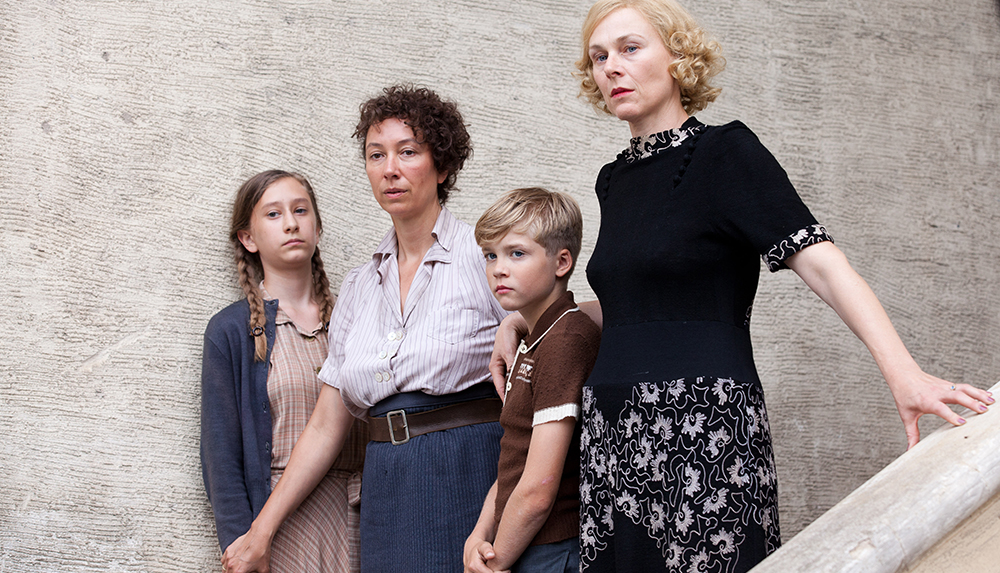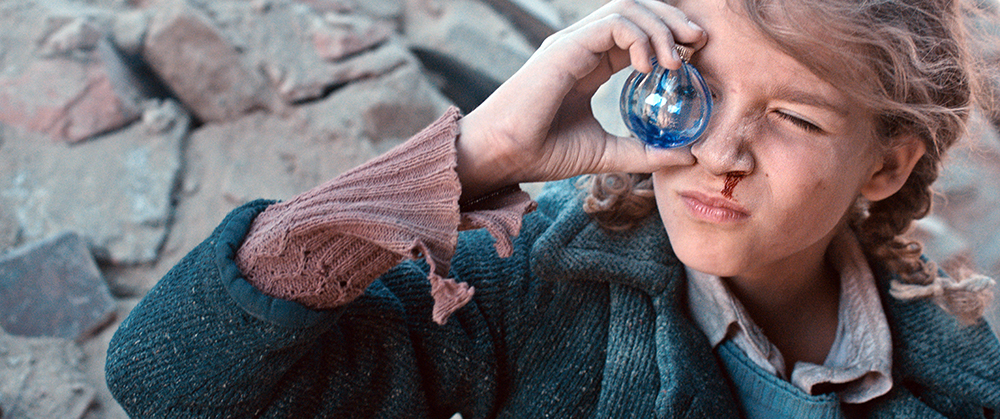Ever since it formed in 2010, the organisation known as FC Gloria has been working to ensure that the Austrian film industry heeds women’s interests in order to help achieve a more gender-balanced future in the field.

For many years now, the share of women among students at Film Academy Vienna has been around 40%. But following graduation, far less women than men succeed in beginning professional careers at the level of moderately-to-well-financed productions. And in all of the relevant professional associations, the underrepresentation of women is glaring. Research done by FC Gloria reveals that women, on average, receive at most 25% of the subsidies earmarked for cinematic productions. And in productions for television, the number of women working behind the camera is positively miniscule.
The reasons for this are complex and deeply engrained in our society, its historical development, and longstanding structures, and improving the situation will require a diverse range of solutions oriented towards the long term. Problems include an insufficient number of role models for women as early as university training, unquestioned structures in the financing and production processes, and persistent models of femininity and masculinity that, not least in television and film and especially since the 1990s, have been persistently reinforced.
Following an emergent phase during the 1970s, which the filmmaking generation behind “New Hollywood” even made felt in expensive American mainstream productions, a near-simultaneous backlash in film output came along with the ascent of neoliberal ideology – which, among other things, affected film roles for women and how they functioned in dramaturgical structures. So one might say that role models are missing not only in training and in the industry itself, but also in conventional film narratives.
FC Gloria takes a number of measures aimed at showing and changing this imbalance. These include a mentoring programme, regularly scheduled cinema salons that draw attention to the output of woman film professionals, public discussions on gender-related topics, and FC Gloria beer coasters – produced annually in cooperation with the film festival Diagonale – that present documented facts about the current gender situation in the Austrian and international film scenes.

Over the past six years, these and other efforts of FC Gloria have touched off a great deal of discussion and consciousness-raising. The association’s greatest political success to date came just last year. In November of 2016, Austria’s parliament adopted a non-binding resolution, backed by the Social Democrats, the People’s Party, and the Greens, urging Federal Minister Thomas Drozda to install a package of measures designed to help ameliorate the gender imbalance in the film industry over the long term. It contains many of the demands made by FC Gloria over the past few years, including for transparent evaluation of subsidies with regard to gender distribution, an incentive model to increase women’s response to various calls, and the initiation of talks with national broadcaster ORF about the situation there in terms of gender-budgeting and women’s underrepresentation.
As a result, the supervisory board of the Austrian Film Institute, the country’s largest institutional provider of film subsidies, implemented a catalogue of measures (in effect since 1 January 2017) to promote broader employment of women film professionals. All of these measures represent an initial step towards the goal of having men and women working behind the camera in roughly equal numbers in the future.
Film is a powerful medium that helps to shape both opinions and culture at large, and society’s diversity should be represented behind the camera, as well. A great role is played by whether media content is created by men or women, as well as by people with differing cultural backgrounds and/or worlds of experience. The social group to which we belong is a central factor in deciding what experiences we have and what perspectives, thoughts, and ideas we develop over the course of our lives. Filmmaking should therefore be accessible to many different people in the interest of facilitating exchange between art and society.
Though FC Gloria deals mainly with the theme of gender relations, the asymmetry seen in the film world is just one aspect of a larger problem – namely that of insufficient diversity. It would therefore be desirable to see broad discussion of society’s makeup – and the film industry as a cross-section thereof – in order to make discriminating structures visible.
Sandra Bohle / Kathrin Resetarits
Sandra Bohle and Kathrin Resetarits are senior lecturers for screenwriting and dramaturgy at the Department of Film and Television – Film Academy Vienna. Sandra Bohle is also a founding member of FC Gloria.

